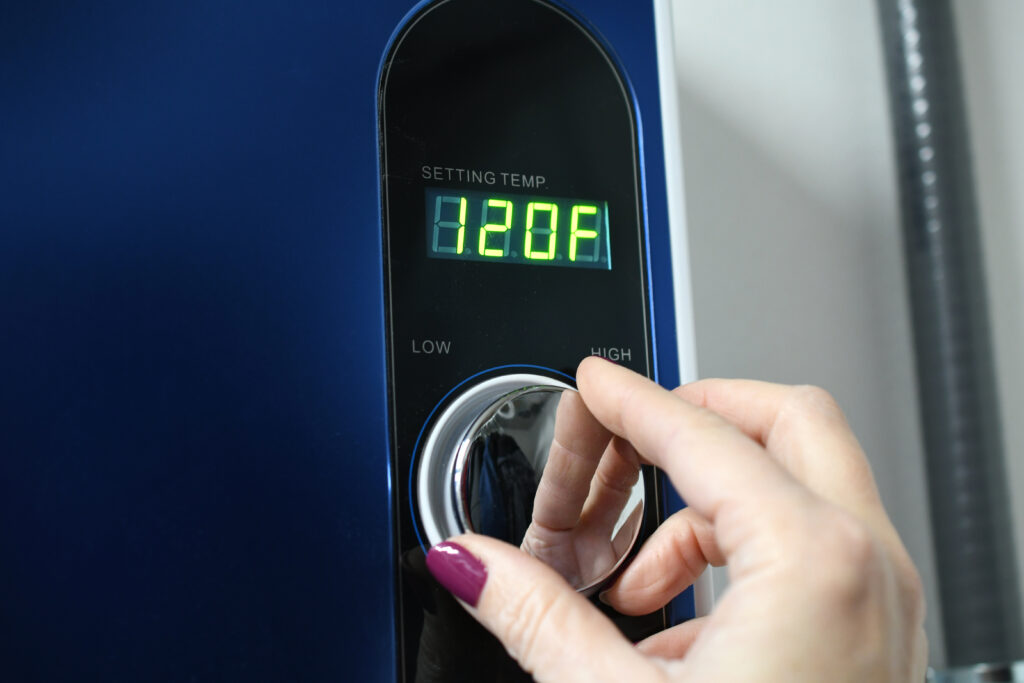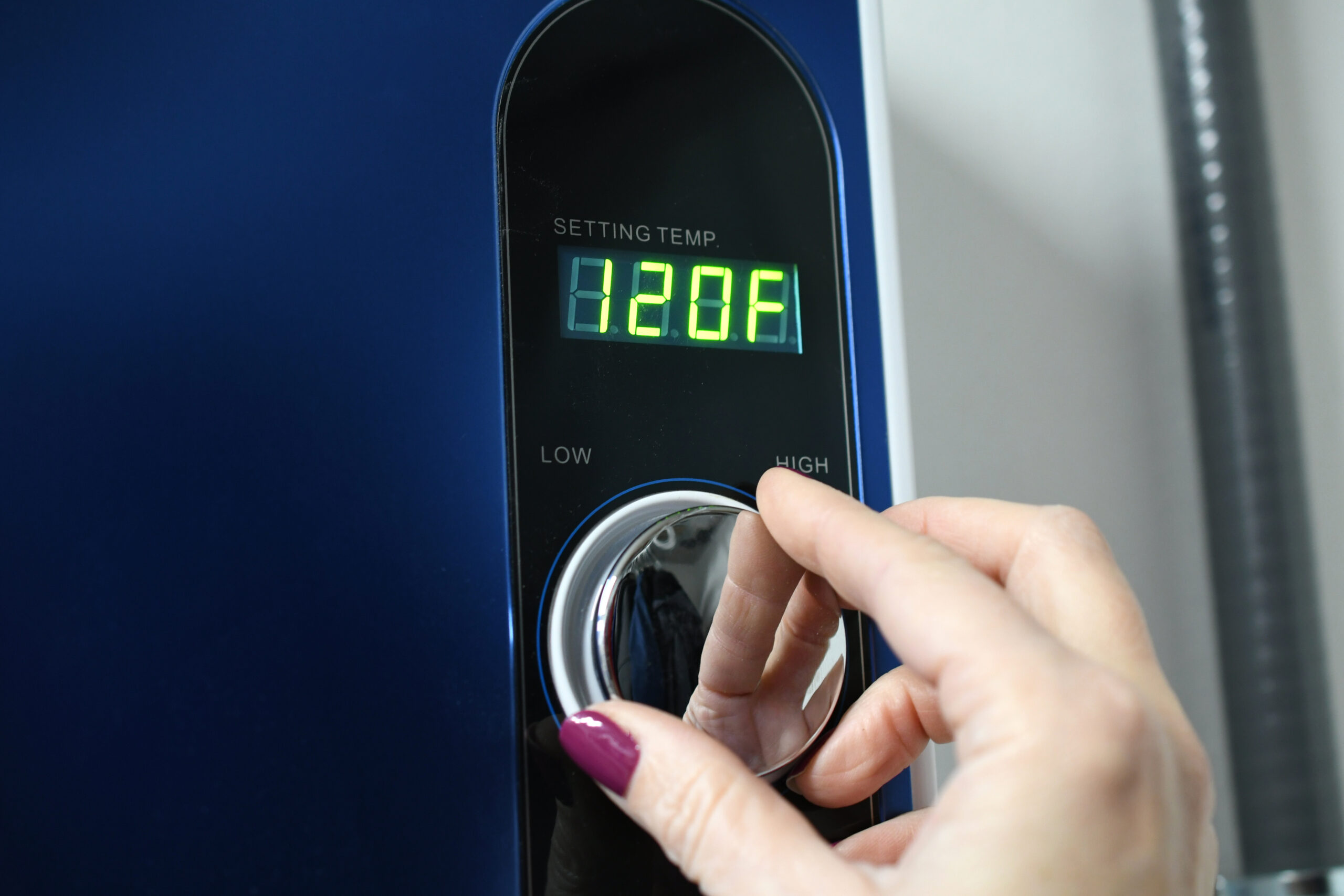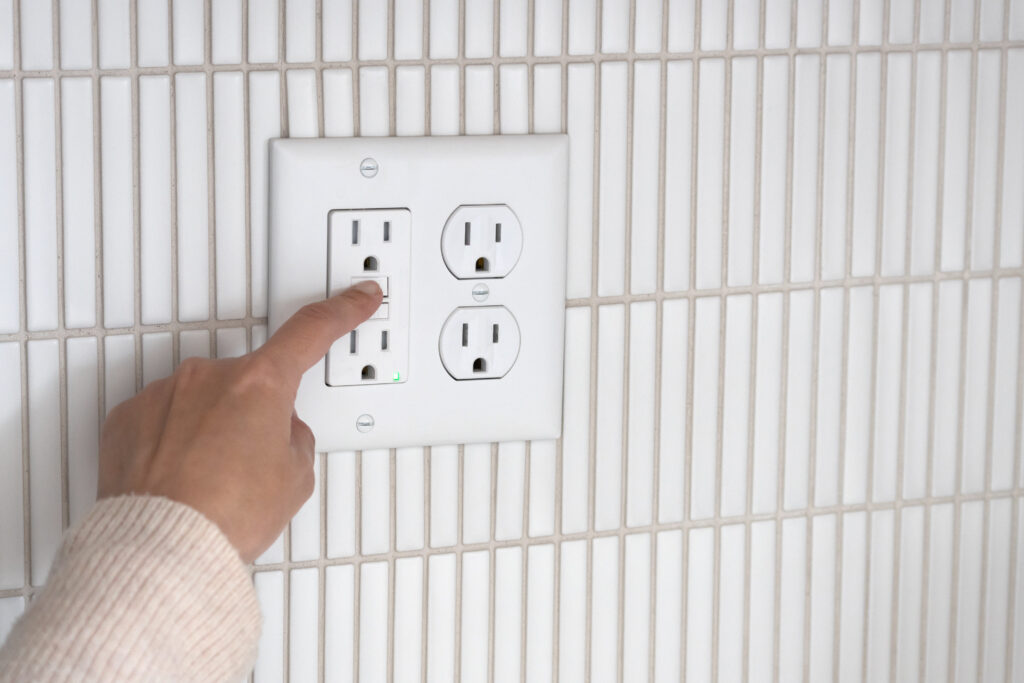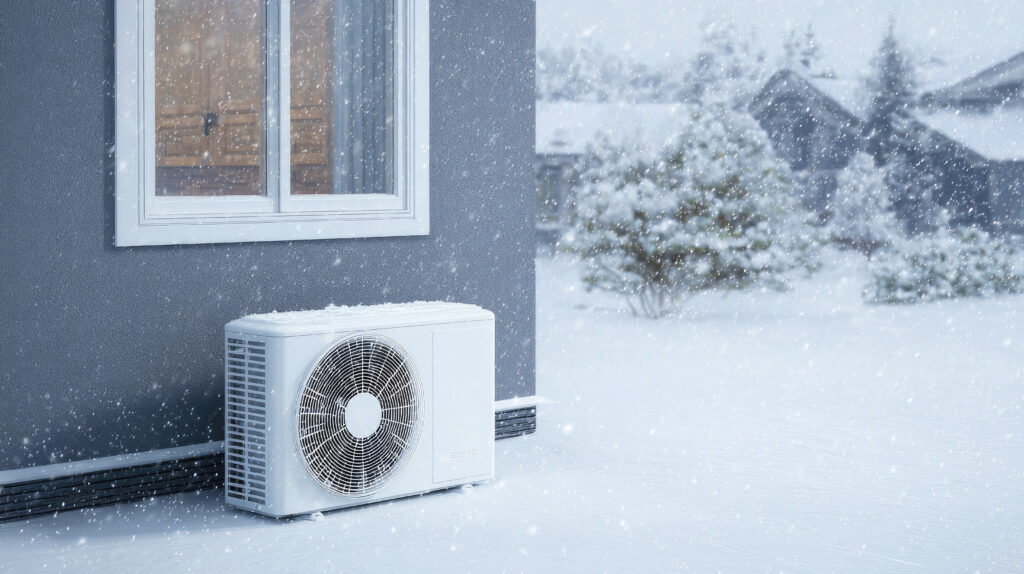The Homeowner’s Guide to On-Demand Water Heater Maintenance
For many homeowners, an on-demand or tankless water heater feels like a smart, modern investment. It’s compact, energy-efficient, and provides hot water when needed—without the wait. But like any home system, it only continues to perform well if it’s properly maintained. And when it doesn’t? That’s when service costs and water temperature surprises can add up quickly. In this article, we’ll break down how on-demand water heaters work, what you gain by installing one, common challenges, and why regular maintenance matters—especially in the context of your home warranty coverage.
How On-Demand Water Heaters Work
On-demand water heaters, often referred to as tankless water heaters, function quite differently from traditional systems. Instead of storing gallons of hot water in a tank for intermittent use, these systems heat water as it passes through the unit. This heating is triggered when you turn on a hot water tap. Cold water flows over powerful electric coils or gas burners and exits the other end as hot water—immediately available for your shower, dishwasher, or laundry.
This method not only avoids the energy waste of keeping a tank of water constantly hot, it also effectively eliminates the problem of “running out” of hot water. However, this efficiency hinges on regular maintenance and an understanding of the heater’s specific care needs. Without it, performance deteriorates and repair costs rise—often faster than you might expect.
The Advantages of Going Tankless
One of the primary benefits of on-demand water heaters is energy efficiency. Because they only activate when hot water is needed, they consume less energy than their tank-based counterparts. This can translate to lower utility bills and a reduced environmental impact over time. Homeowners also appreciate the compact design, which frees up valuable square footage in utility rooms or closets. Another key advantage is longevity—tankless units can last up to 20 years with proper maintenance, outpacing traditional water heaters by nearly a decade.
From a reliability standpoint, these heaters shine in homes where water usage is staggered throughout the day, rather than consumed in large bursts. For smaller households or homes with limited space, the combination of energy savings and consistent hot water makes tankless models particularly compelling.
Common Drawbacks Homeowners Should Understand
Despite their many benefits, tankless water heaters do involve trade-offs. Initial installation costs are significantly higher than those of traditional tank systems. Retrofits can be especially expensive if gas or electrical upgrades are required. These systems may also struggle in households with multiple, simultaneous hot water demands—say, if someone’s showering while the dishwasher and laundry are both running. In such scenarios, water temperatures may fluctuate or output may decrease. Understanding your home’s water usage patterns is critical when determining whether tankless is the right choice.
Another key consideration is maintenance. While tankless systems have fewer components than traditional models, they are sensitive to sediment buildup and mineral scaling—issues that can quietly erode efficiency and lead to service calls. And because issues can build up slowly and aren’t always obvious until failure, proactive maintenance is essential.
Critical Maintenance Practices for Tankless Water Heaters
Like any piece of home infrastructure, on-demand water heaters work best when given periodic, focused attention. The most common maintenance practice is descaling, typically recommended once a year, depending on water hardness in your area. Mineral deposits—mostly calcium and magnesium—can accumulate inside over time, reducing heating efficiency and straining the unit. Left unchecked, this scaling shortens the heater’s lifespan and increases energy costs.
Flushing the system with a vinegar solution or a commercial descaling product helps dissolve these minerals. While this can be a DIY task for some, many prefer to hire a professional to ensure it’s done thoroughly. In addition to descaling, filters should be checked and cleaned regularly to prevent clogs. Ventilation and combustion elements (on gas models) must also be inspected to ensure safe, efficient operation. Skipping these steps can create hazardous conditions, particularly in enclosed spaces.
Understanding the Role of Water Quality
Water quality plays an outsized role in tankless system performance. Hard water—rich in calcium and other minerals—is especially damaging over time. If you live in an area with hard water, installing a water softener upstream from the heater can dramatically reduce internal scaling. The heater works less aggressively, and maintenance frequency can be reduced. Additionally, sediment filters protect internal components from debris that may enter your plumbing system. These simple protective measures go a long way in preserving system efficiency and preventing service interruptions.
Home Warranty Considerations for Tankless Systems
When something goes wrong, a home warranty can either be a financial buffer or a point of frustration—depending on how comprehensively it covers your system. Not all warranties include tankless water heaters in their base plans. Some offer coverage as optional add-ons. It’s important to review your home warranty documents carefully. Better yet, choose a provider that understands modern home technology and designs plans that reflect the way homes are actually built today.
Coverage of tankless water heaters typically includes repairs for mechanical breakdowns due to normal wear and tear, but doesn’t extend to damage from limescale, corrosion, or lack of maintenance. This is why regular service is vital—not just for performance, but to ensure your warranty remains valid. A failed heat exchanger due to unaddressed sediment buildup, for example, might be excluded from claims if maintenance records are lacking. For new homeowners, attaching maintenance logs to your warranty file can provide useful documentation and avoid hassle during claim approval.
Why Armadillo Is a Smart Move for Tankless Water Heater Owners
On-demand water heaters represent a leap forward in sustainable home infrastructure. But they’re not foolproof. As you weigh the benefits of energy efficiency and cleaner design, it’s important to have protection that keeps pace with this kind of innovative technology. That’s where Armadillo comes in. Our home warranty plans are built for modern systems, offer transparent coverage options, and provide access to a professional network of service technicians who understand tankless systems inside and out. Ready to protect your home’s high-efficiency assets? Visit our homepage to learn more, or start customizing your plan with your ZIP code here. Your home works better with Armadillo in your corner.


























